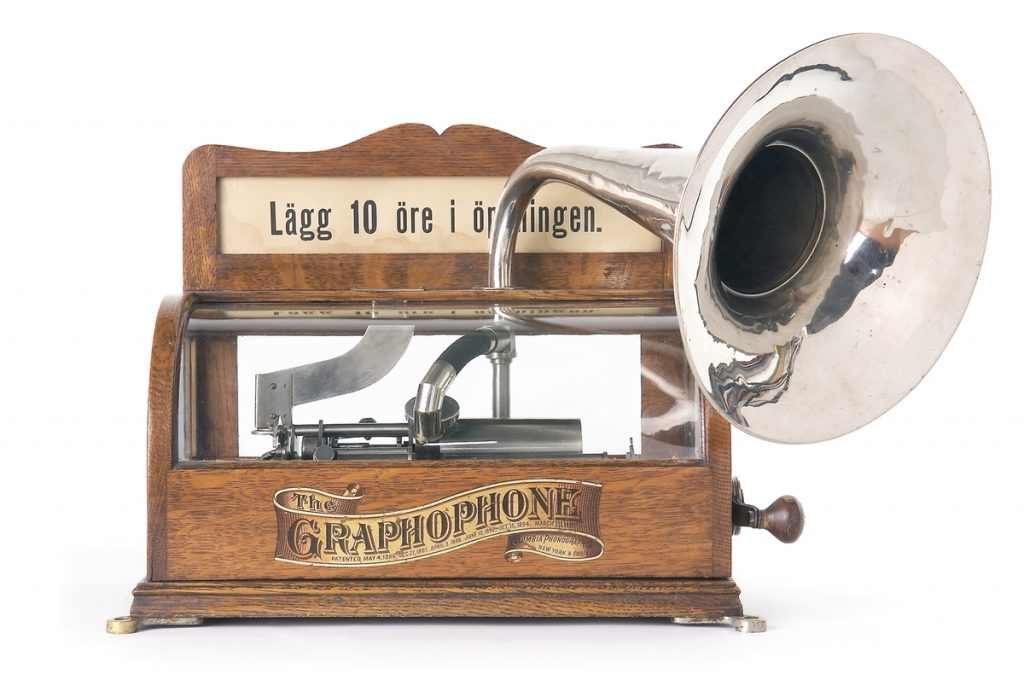
Open GLAM now!
Open cultural heritage collections & institutions by digital means: A webinar series
Open GLAM (galleries, libraries, archives & museums) is an international movement around open cultural heritage data. This webinar series is focusing on how museums and other cultural heritage institutions can open up towards their audiences with the help of digital data and media. The aim is that visitors can use data and become active participants within the institution. Both Swedish and international speakers present their work in the context of digital cultural heritage data. Have a look at the program to discover more!
This series is based on the aspects:
- Museum and cultural heritage institution staff members, as well as the interested public (such as students), will have the chance to exchange thoughts on digital openness in the sector and discuss ideas and examples.
- An important aspect of the series is the assumption that digital openness in museums and cultural heritage institutions is a perspective: Institutions can strive towards digital openness, but this means constant work – with changing technologies and shifting standards. This also means that every kind of institution can take part in this series, small or large, beginners or advanced participants in the open GLAM discussion. Everyone should be able to talk frankly about successful and failed digital activities – so others can learn from those experiences.
- As this is a webinar series, everyone can take part from their desk. Especially small institutions do not always have the resources to participate in conferences and – as a result – important discussions. This is also a possibility for more diverse discussions on digital openness in the sector.
You find all recorded presentations and sessions in the ”Open GLAM now!” playlist on Youtube and further documentation on this page. If you are even interested in those sessions in Swedish, have a look here.
| Topic | Speakers |
|---|---|
| Work together Join existing open cultural heritage projects like
|
Maria Carlsson, Swedish National Heritage Board Barbara Fischer, German National Library Elisabeth Standár, Internetmuseum Liam Wyatt, GLAM-Wiki Coordinator for Europeana |
Between protection and democratic freedom: Copyright
|
Sofia Kullman, Swedish National Heritage Board Dr Riitta Ojanperä, Finnish National Gallery Douglas McCarthy, Europeana Foundation |
Play with data. Creative re-use and digital experiences
|
Jane Alexander, Cleveland Museum of Art Aron Ambrosiani, Nordic Museum Merete Sanderhoff, National Gallery of Denmark |
Hacking heritage
|
Dr Tim Sherratt, University of Canberra Maria Svensk, Swedish National Heritage Board (Hack for Heritage) |
The role of user-generated content in opening up collections
|
Elisabeth Boogh, Stockholm County Museum Adrian Murphy, Europeana Foundation |
After open data: How do we become #openGLAM?
|
Kajsa Hartig, Västernorrlands museum Neal Stimler, Balboa Park Online Collaborative |

This webinar series is part of the Swedish National Heritage Board’s participation in the Europeana Common Culture project.